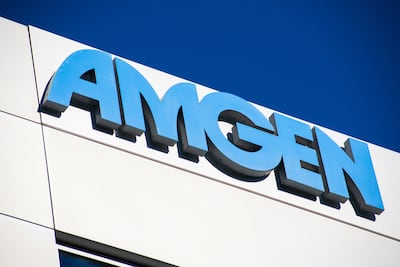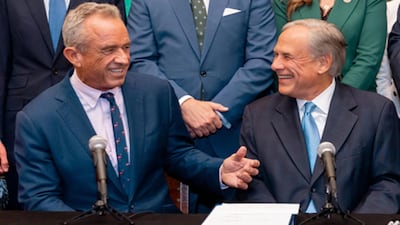Safety
Investors appeared not to be bothered by Amgen’s Q4 product updates, including the US FDA’s request to pull rare disease drug Tavneos from the market and discontinuation of Phase III bemarituzumab.
“FDA’s proposed GRAS rule would move GRAS closer to the NDI model in at least one key respect, which is mandatory notification,” says attorney Ashish Talati. Proposed rule isn’t expected to require removal of ingredients available through self-GRAS processes.
The company said the FDA placed the hold on RGX-111 and RGX-121 after a patient in its RGX-111 trials developed a brain tumor, the cause of which remains under investigation.
When FDA warned Agebox about selling iKids-Growth IGF-1 Support supplements as unapproved drugs, agency along with CDC had for around a month been investigating outbreak of infant botulism linked to ByHeart formula.
After two deaths tied to the gene therapy, Sarepta and the FDA agreed to new labeling for Elevidys, adding a black box warning about liver injury along with suggested liver and cardiac monitoring.
After two deaths tied to the gene therapy, Sarepta and the FDA agreed to new labeling for Elevidys, limiting treatment to ambulatory Duchenne muscular dystrophy patients.
Scientific literature on potential link between prenatal acetaminophen exposure and neurological conditions “now includes FDA’s most recent epidemiological review” completed in May saying research results “insufficient to support a causal association.”
The company’s third quarter earnings fell by $67.8m year-over-year, reflecting the tumultuous situation around its DMD therapy Elevidys in June.
In addition to Kenvue, complaint names as defendant J&J, which for decades marketed Tylenol oral analgesics before spinning Kenvue out in 2023. State asks court to order firms to pay $10,000 for each violation of state Deceptive Trade Practices-Consumer Protection Act.
The company reported that a patient went to the emergency room after experiencing grade 4 transaminase elevations, which unlike a similar event in May caused symptoms.
BRS Analytical Services in St. Louis recalled more than 75,000 cases of redness and lubricating eye drops and committed “to permanently cease production of all drugs.”
US firm’s first-to-market approval gives Endo a foothold in the rare metabolic disease space, widening access to a life-saving therapy for patients with urea cycle disorders.










